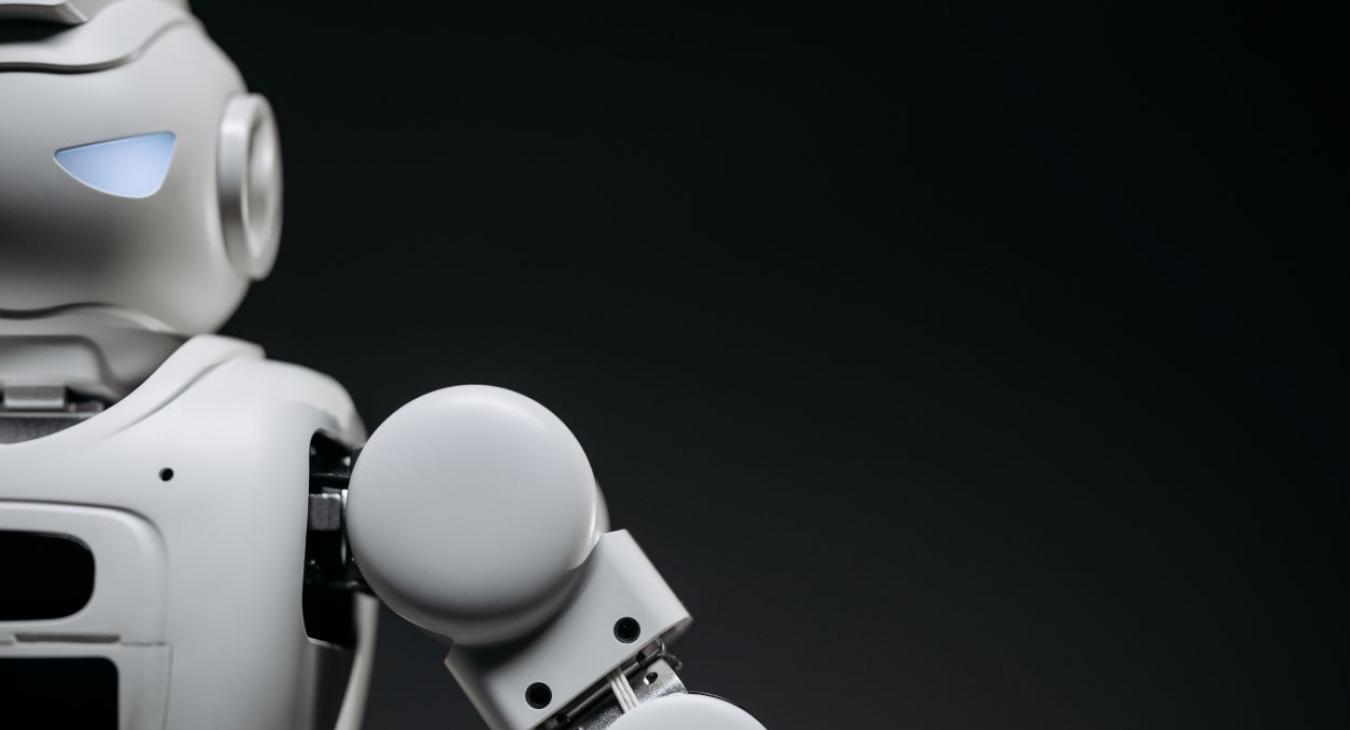Opening statement by Dr Laura Bambrick to the Joint Oireachtas Committee on Enterprise, Trade and Employment on AI in the workplace
Chair, Deputies, Senators,
On behalf of the Irish Congress of Trade Unions I would like to thank the Committee for the invitation to input in to your discussions on artificial intelligence in the workplace. I am accompanied by my colleague, David Joyce.
Trade unions acknowledge that artificial intelligence (AI) systems offer immense opportunities for improving work and workplaces. For example, AI tools can improve worker safety, productivity and free them up do more rewarding work. At the same time, however, without appropriate regulation the increased usage of these largely invisible technologies poses potential risks to workers which is why we strongly endorse the European Trade Union Confederation (ETUC) calls for a dedicated EU directive on AI in the workplace.
In the same way that EU legislation sets minimum standards for occupational health and safety, new rules are needed to set European minimum standards for the design and use of AI in our workplaces and to guarantee that no worker is subject to the will of a machine. We also need to equip the workforce with the skills required to keep pace with AI technologies. And, we need to prepare for technological unemployment. We will need a Just Transition approach whereby policies are put in place to ensure that where parts of jobs or whole jobs or whole industries become redundant workers’ living standards are protected through pay-related and pro-active income supports - including through a genuine short-time work scheme for vulnerable but viable employment - retraining opportunities and that the jobs of the future are quality jobs for displaced workers to move into.
The shift to remote working brought the intrusive use of AI to monitor and supervise workers centre stage and, in the past six months, the launch of the content-generating AI platform ChatGPT has opened up public interest in the potential for AI to transform jobs and displace large swathes of the workforce along the way. But the widespread adoption of AI-driven technology in the workplace predates the pandemic. One in five Irish workers is now using AI tools in their jobs, according to the latest Microsoft Ireland Work Trends Index (June 2023) which surveyed 700 workers across Irish organisations.
Previous digitalisation was mainly characterised by technological innovations such as computerisation, automation and robotisation. This was based on automated processes through explicit rules and manually written computer programmes. AI is different. It is highly disruptive, self-learning, can independently derive connections and make decisions. While logical “if-then” programme steps were in principle comprehensive until now, AI can induce decisions processes that can no longer be explained by the programmers themselves after some time nor anticipated by developers. The danger of dehumanisation of decision-making processes, especially when used in human resources tool for example to recruit workers, monitor their work, analysis their behaviour and even terminate their employment is already a bitter reality.
At a European level, trade unions have been advocating from the beginning for regulation that promotes the positive effects of AI while shielding workers from potential harms that could arise, especially to their rights. The EU’s AI Act is not suitable for regulating use of AI in the workplace and to preserve the dignity of workers and to counteract dehumanisation at work. Although the legislative process has not yet been completed, the proposal submitted by the European Commission was more than disappointing from the workers’ point of view. It only requires software providers to self-assess their own technology between low and high-risk before putting it on the market and did not include any rules on the use of AI in the workplace.
The amendments agreed by Committee and approved by the European Parliament last week (14 July) are mostly welcomed, including -
1. Requiring consultation with workers and their unions before introducing AI in to the workplace. A recent OECD survey of workers on the impact of AI in their workplace in the manufacturing and financial sectors in seven countries found where consultation took place, workers were more likely to report AI had had a positive impact on their performance and working conditions (March, 2023).
2. Requiring an impact assessment on fundamental rights before AI is introduced into a workplace.
3. Allowing a Member State to restrict the use of an AI system in the workplace if it is done to protect workers’ rights.
The Parliament now has to defend these amendments in negotiations with the Council on the final text. Notwithstanding the outcome, major weaknesses remain.
Although the EU Commission has defined AI systems used for hiring, promotion or dismissal of workers as high-risk, the use of AI applications in the workplace will only be restricted if it poses a “significant” risk of harm to workers’ safety or fundament rights. It is not clear when a risk is considered high enough to be significant or how to determine this risk ex-ante. Software providers can be expected to self-classify their own applications as non-significant. The procedure provided for in the legislation is not capable of preventing this and will only lead to forum shopping for the weakest supervisory regime.
Trade unions are not looking to hold back the tide of progress. We acknowledge the potential of AI for improving work and workplaces when used in the right way. What we are demanding is robust regulation. Workers’ rights and protections must be fit for purpose to keep pace with these powerful technological developments. AI in the workplace must deliver for workers as much as for business.
Thank you for your attention and we are happy to take any questions.

